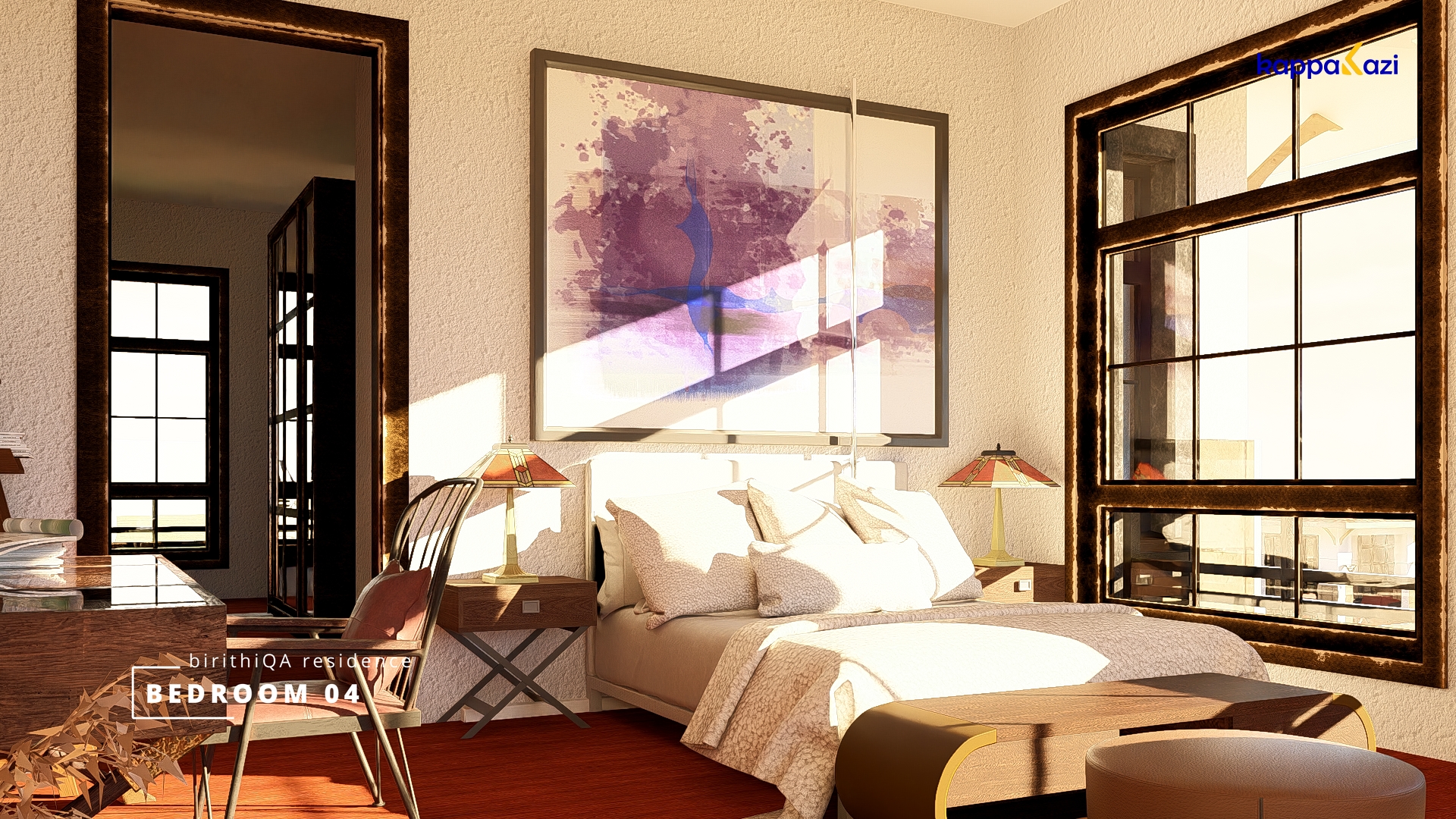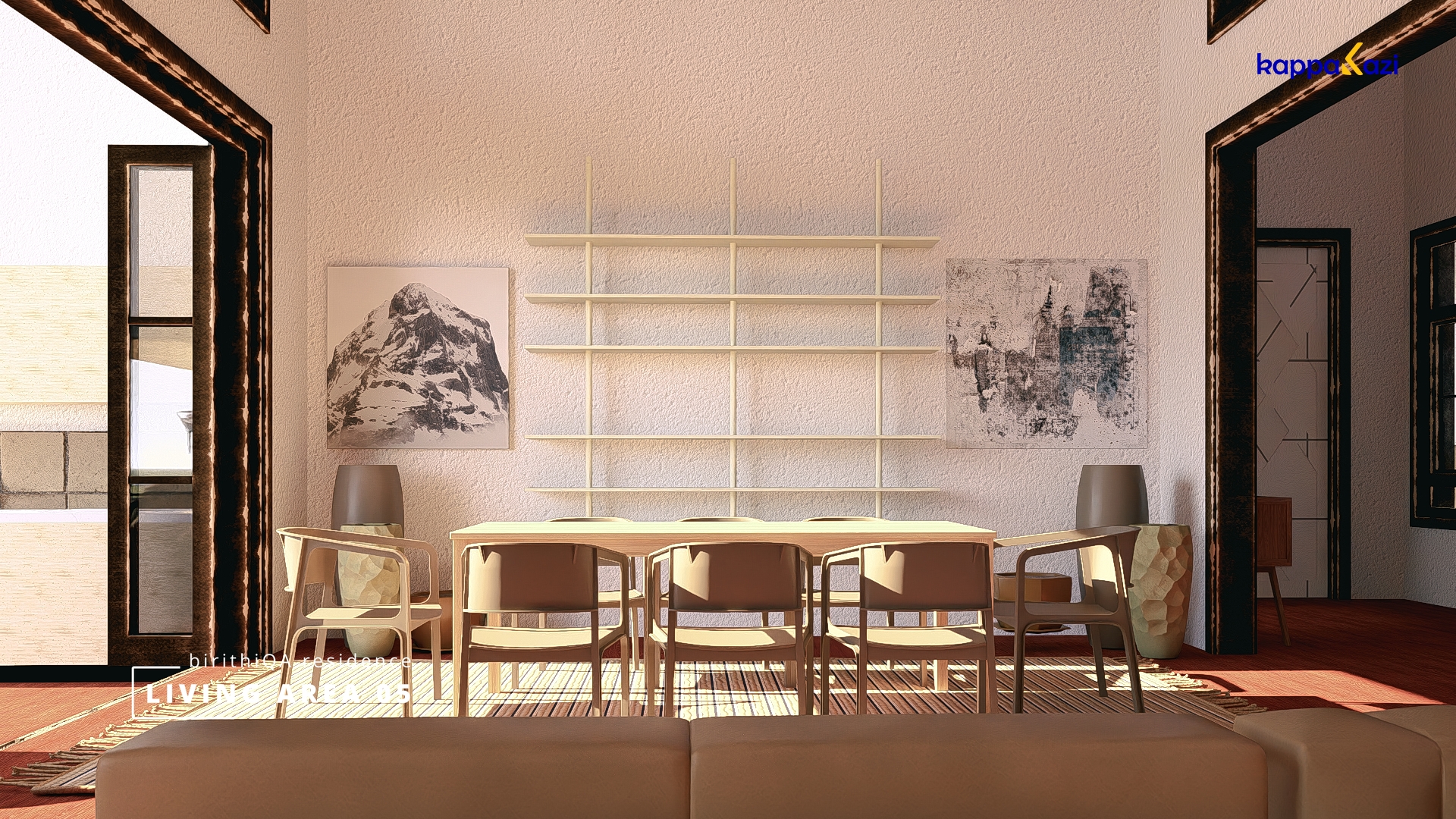blog preview
The Strength of In-House Visualization Teams
Welcome to the third blog in our series on choosing the right visualization team structure for your firm.
If you missed the series introduction blog, we recommend starting there to understand the value and goals of this series.
In the previous blog, we explored the advantages of outsourcing visualization tasks and how this approach can enhance your firm’s flexibility and cost-efficiency.
Today, we shift our focus inward to examine the benefits of establishing an in-house visualization team—a choice that can foster closer collaboration, enhance project control, and align with your firm’s long-term vision and culture.
Why This Matters
For architectural and design firms, an in-house team is more than just a resource; it’s an integral part of your firm’s DNA. Cultivating this internal capability offers distinct advantages, particularly for firms prioritizing tight integration between design and visualization efforts.
When a firm invests in an in-house visualization team, it gains not only immediate availability and streamlined communication but also a unified company culture that drives every project forward.
This alignment is crucial in an industry where consistency...
publish date -
July 1, 2025
login to view the blog now!
(subscribers)
unlock valuable insights now
The Strength of In-House Visualization Teams
Welcome to the third blog in our series on choosing the right visualization team structure for your firm.
If you missed the series introduction blog, we recommend starting there to understand the value and goals of this series.
In the previous blog, we explored the advantages of outsourcing visualization tasks and how this approach can enhance your firm’s flexibility and cost-efficiency.
Today, we shift our focus inward to examine the benefits of establishing an in-house visualization team—a choice that can foster closer collaboration, enhance project control, and align with your firm’s long-term vision and culture.
Why This Matters
For architectural and design firms, an in-house team is more than just a resource; it’s an integral part of your firm’s DNA. Cultivating this internal capability offers distinct advantages, particularly for firms prioritizing tight integration between design and visualization efforts.
When a firm invests in an in-house visualization team, it gains not only immediate availability and streamlined communication but also a unified company culture that drives every project forward.#
This alignment is crucial in an industry where consistency and brand identity can significantly influence client trust and project success.
Immediate Availability and Closer Collaboration
One of the standout benefits of an in-house visualization team is their immediate availability. This proximity allows for real-time feedback and iterative adjustments, ensuring that visualization efforts are deeply integrated into every phase of the design process.
The ability to collaborate face-to-face and exchange ideas on the fly enhances the quality of visualizations, as team members can immediately align their work with the project’s evolving vision.
Moreover, in-house teams work side-by-side with architects, designers, and project managers, fostering a collaborative environment where ideas flow freely, and creative solutions are developed through collective brainstorming.
This synergy not only enhances creativity but also ensures that the final visualizations are in perfect harmony with the project’s design intentions.
Unified Company Culture and Vision
An in-house team is deeply immersed in the daily life and ethos of the firm, allowing them to develop a nuanced understanding of the firm’s approach to design and client interaction. This cultural integration ensures that every visualization reflects the firm’s unique style and philosophy, creating a consistent brand experience across all projects.
In-house team members share in the firm’s long-term journey, driving them to invest their passion and expertise into each project. This shared vision fosters a sense of ownership and commitment that translates into higher-quality, more innovative visualizations.
Investment in Professional Growth
An in-house visualization team offers your firm the unique opportunity to directly influence and invest in the professional development of its members. This ongoing investment in growth not only elevates the team’s capabilities but also ensures that your firm remains at the forefront of visualization technology and best practices.
Ongoing Training and Development
Keeping up with rapid advancements in visualization technology requires a mindset of continuous learning. By providing regular training sessions, workshops, and access to industry events, your firm can empower its in-house team to explore new tools, techniques, and trends.
This investment pays dividends by elevating the quality and innovation of your visualizations, setting your firm apart in the market.
Adaptation to Emerging Technologies
In-house teams have the advantage of aligning their skill development closely with your firm’s strategic goals and project needs. This alignment enables them to stay ahead of industry standards and explore innovative approaches tailored to your specific design challenges and client expectations.
Fostering Creativity and Experimentation
A firm that invests in its in-house team’s growth naturally encourages creativity and experimentation. Supported by the firm’s leadership and resources, in-house teams can push the boundaries of traditional visualization techniques, creating compelling stories that captivate clients and stakeholders.
Comparative Analysis with Outsourced Teams
While in-house teams offer greater alignment with your firm’s vision and culture, it’s essential to weigh these benefits against the advantages of outsourcing. In-house teams excel in fostering collaboration and consistency, but they require significant ongoing investments in recruitment, training, and technology.
Outsourcing, as we discussed in the previous post, offers flexibility and scalability, providing access to specialized skills and reducing fixed costs. For firms with fluctuating project loads or niche expertise requirements, outsourcing may be the more strategic option.
For many firms, a hybrid approach that combines the strengths of in-house teams with the flexibility of outsourced partners is the ideal solution. This model allows firms to leverage specialized skills when needed while maintaining a core team that upholds the firm’s standards and values.
What You Will Gain
Cultivating an in-house visualization team allows firms to build a cohesive, integrated capability that enhances collaboration, creativity, and project control. By investing in internal talent, firms can develop a consistent brand identity and achieve greater alignment with their long-term vision.
Next Blog: Harmonizing Your Team—Effective Integration Strategies for Architectural Visualization
Explore practical strategies for integrating both in-house and outsourced teams, ensuring seamless collaboration and efficient project outcomes in our next post.
_01_00_17_10.jpg)

_01_00_27_03.jpg)
_01_00_17_11.jpg)
_01_00_02_11.jpg)

